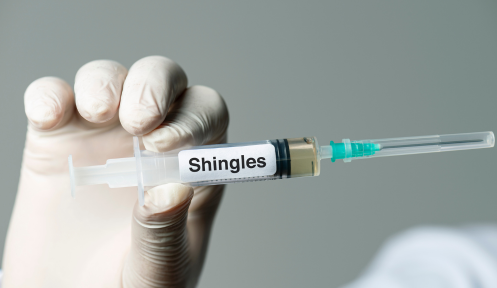
Shingles, a painful rash triggered by the varicella-zoster virus, demands attention. In this discussion, we’ll unravel the essentials of shingles and provide insights into the shingles vaccine. Vaccines, as Dr. Tracey Stammann wisely notes, “are always your friend. They are here to prevent you from becoming acutely ill. In case you do become sick, they are like a seatbelt. They prevent you from going through the windshield of a vehicle, and you end up with just a bruise instead.” Discover who benefits most from vaccination, the optimal timing for protection, and why it’s crucial for preventing shingles outbreaks.
What are the Signs and Symptoms of Shingles?
Before delving into the specifics of the shingles vaccine, it’s essential to recognize the signs of shingles. The initial symptoms often manifest as pain, tingling, or itching on one side of the body or face. This is followed by the development of a red rash that turns into fluid-filled blisters. Fever, headache, and fatigue may also accompany these symptoms.
According to the CDC:
- About 1 in 3 people in the United States will develop shingles in their lifetime, with an increased risk associated with aging and weakened immune systems.
- Postherpetic neuralgia (PHN), characterized by severe pain in the rash area, affects 10% to 18% of those with herpes zoster, with a higher risk as individuals age.
Who is Eligible for the Shingles Vaccine?
The shingles vaccine, also known as the herpes zoster vaccine, is crucial for individuals at risk of developing shingles. Shingles is a painful rash that occurs due to the reactivation of the varicella-zoster virus, the same virus that causes chickenpox. According to Dr. Stammann, the vaccine is usually approved at a certain age.
“It is usually approved when you turn 50 years old and up,” says Dr. Stammann. To determine eligibility, it’s essential to consult with your healthcare provider. They can assess your individual risk factors and medical history to determine the most appropriate time for you to receive the vaccine.
Why Can’t You Get the Shingles Vaccine Before 50?
The age restriction for the shingles vaccine is primarily influenced by insurance coverage. Dr. Stammann explains, “It is determined by your insurance. Your insurance will usually approve it when you turn 50 years old and up.” Insurance providers often align their coverage with established medical guidelines and recommendations.
The age of 50 is considered a milestone because shingles becomes more prevalent as individuals age. By this age, many people may have experienced chickenpox earlier in life, putting them at risk for shingles. The vaccine aims to prevent the reactivation of the varicella-zoster virus, reducing the likelihood of developing shingles and its associated complications.
However, Dr. Stammann emphasizes that exceptions can be made for certain individuals. “You can ask for your doctor’s help to see if you qualify for a younger age vaccine in case you are immunocompromised.” Immunocompromised individuals, whose immune systems may be weakened, could benefit from earlier vaccination to enhance protection against shingles.
In conclusion, the shingles vaccine is a crucial tool in preventing the onset of shingles and its associated complications. While the general recommendation is to receive the vaccine at the age of 50 and above, individual health factors, insurance coverage, and immunocompromised status can influence the timing of vaccination. Consulting with your healthcare provider is essential to determine the most suitable time for you to receive the shingles vaccine.
Remember, vaccines are a valuable resource in safeguarding your health. For more information or to schedule an appointment with Dr. Tracey Stammann, call 281-239-5037. You can also explore our other providers at OakBend Medical Group Providers. Additionally, check out our Ask the Doctor series to hear from more of our physicians about different topics.
Leave a reply







